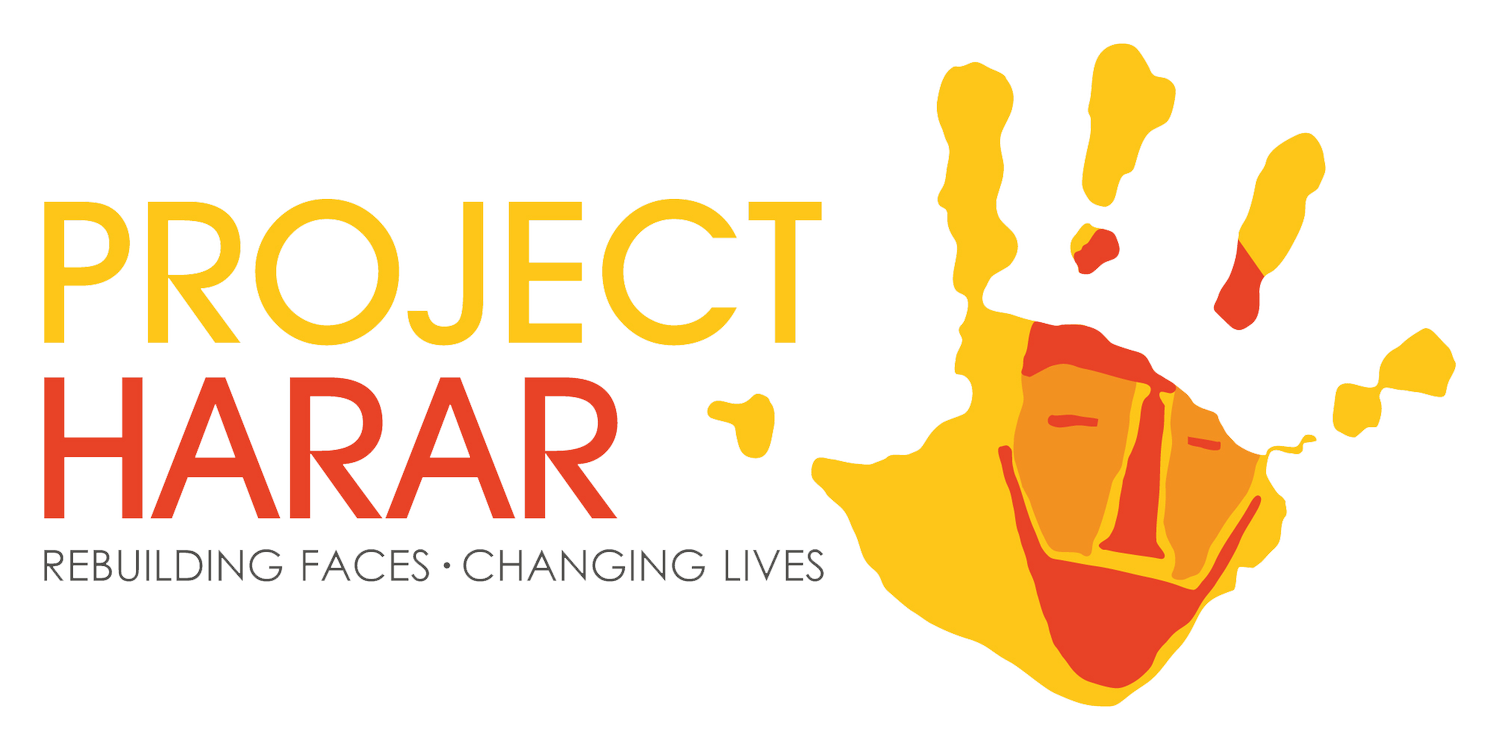Nutrition
Nutrition is a vital part of both our cleft work and our annual complex mission to Ethiopia, where we treat individuals with severe facial disfigurements. We improve the nutritional status of our patients in all our programmes and educate guardians on the importance of a balanced diet and good feeding practices.
In February 2017, we conducted our first nutrition training mission in the Oromia and Somali regions. The decision to do so resulted from a review of patients whom we had identified for surgery in earlier years, which showed that up to 40% could not be operated on largely due to malnutrition. During the mission our qualified dietitians provided training to local health and social workers and Project Harar staff. This included identifying children who were malnourished, the nutritional benefits of different foods, the maximisation of available food and the preparation of food so that it is easily eaten and digestible.
Nutrition also forms an important part of our annual complex mission, where we treat around 50 patients with complex facial disfigurements. Many of our patients come to us malnourished. One of the main aims of the 2018 complex mission was to improve the nutritional status of patients and help build up their strength for surgery. We had help from two UK registered Dietitians who carefully monitored our patients' diet and provided high calorie nutritious drinks. One patient gained 7kg in just 10 days, a huge success for our team.
In 2017, we began a programme in the Afar region of Ethiopia to treat 400 children with cleft and to educate their mothers on the importance of nutrition. Breastfeeding a child with cleft lip is very difficult, but in Ethiopia it is generally the only safe option. Many children can become stunted due to malnutrition when they are young, as their mums are unable to feed them properly.
Two of our volunteer dieticians that developed the nutritional status of our patients in the 2018 Complex Mission


